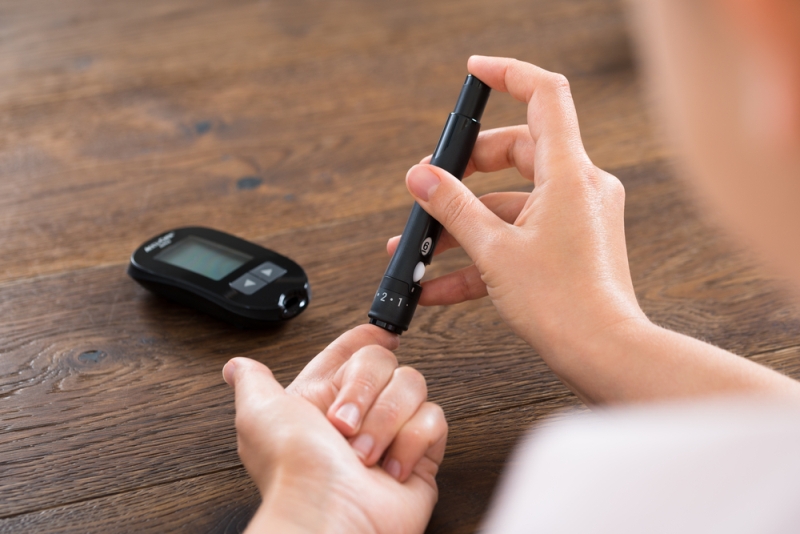
Heavy marijuana use could seriously affect your blood sugar levels over time, a new study finds.
Researchers found that people who had used pot heavily during young adulthood were 40% more likely to develop prediabetes in their middle-ages than those who had never used the drug. Prediabetes is a condition marked by above-normal blood sugar levels, but not high enough to warrant a diabetes diagnosis. However, marijuana use was not found to raise risk of type 2 diabetes.
The findings contradict past research, which found that marijuana may actually reduce risk of diabetes, said Michael Bancks, a Ph.D. student at the University of Minnesota and lead author of the study.
But past studies only examined marijuana use at the time of the study, so it was unclear whether people had used pot before or after developing diabetes. “We felt we could address the potential limitations of previous research and add new information to our understanding of the relationship between marijuana use and subsequent metabolic health,” said Bancks.
Bancks said more research is needed to examine the link between marijuana and diabetes, because the new study leaves some unanswered questions.
“It’s unclear how marijuana use could place an individual at increased risk for prediabetes, yet not diabetes,” the researchers wrote. They hypothesized that people more likely to develop diabetes may have been left out of the study, since being diabetes-free was a requirement at the start of the study. It’s also possible that marijuana has a greater impact on blood sugar levels in the prediabetes range than in the diabetes range.
Still, Bancks urged medical professionals to discuss this potential risk of developing prediabetes with patients and to monitor blood sugar levels among patients with “an extensive history of marijuana use,” he said.
The findings are especially pertinent as marijuana use is becoming more common, and more states are making it legal for medicinal and recreational use.
“There are many questions about the health effects of marijuana use where the answers are unknown,” said Bancks. “The increased legalization and use of marijuana will draw more attention from researchers and users, and we will learn more as research on the health effects of marijuana use increases.”